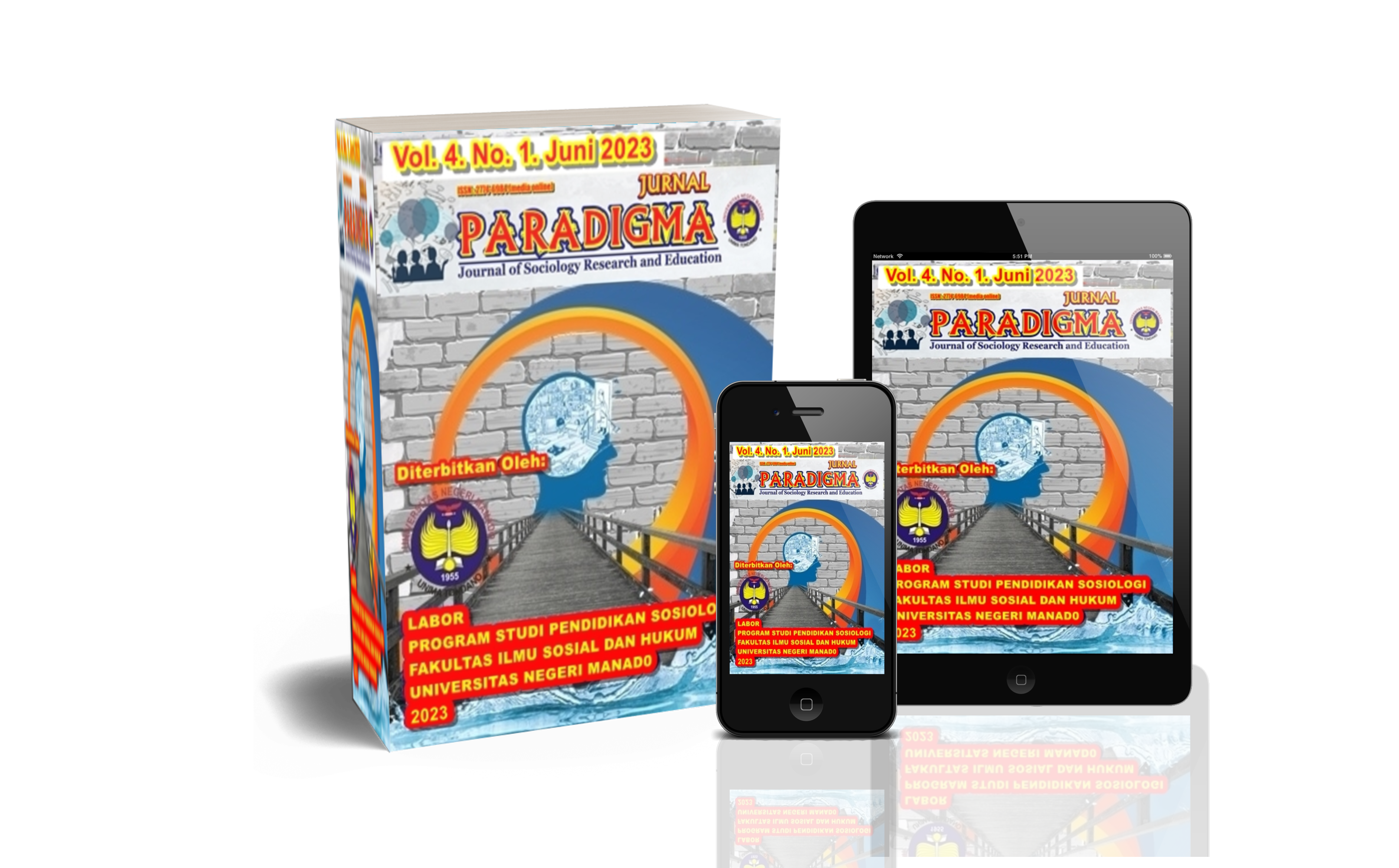USING ONLINE LEARNING DURING THE COVID 19 PANDEMIC AT JUNIOR HIGH SCHOOL IN PADANG PARIAMAN
DOI:
https://doi.org/10.53682/jpjsre.v4i1.6318Keywords:
Online Learning, The Covid-19 PandemicAbstract
The purpose of this study is to find out the implementation of online learning used by English teachers at SMP Negeri Padang Pariaman Regency during the COVID 19 pandemic The data collection techniques used in this research were questionnaires The technique of Data Analysis was a data processing technique that aims to obtain the right conclusions In this researcher used data analysis techniques qualitative using a survey design The researcher found the implementation of online learning has been carried out well starting from learning planning implementing learning learning process and learning evaluation In learning planning has been carried out well because the average answer of teachers who choose answers is agree and strongly agree in learning planning In learning process has been carried out well because the average answer of teachers who choose answers is agree strongly agree and only a few teachers disagree with implementing the online learning process In learning evaluation has been carried out well because the average answer of teachers who choose answers is agree strongly agree and only a few teachers disagree with implementing the online learning evaluation < p>
References
B M I Mesra R 2023 Optimizing the Role and Function of Teachers in History Learning in the Time of the Covid 19 Atlantis Press SARL https: doi org 10 2991 978 2 494069 35 0
Baig M I Shuib L Yadegaridehkordi E 2022 E learning adoption in higher education: A review Information Development 38 4 570 588
Govindasamy T 2001 Successful implementation of e learning: Pedagogical considerations The Internet and Higher Education 4 3 4 287 299
Imbar M Mesra R 2022 Faktor Faktor Krusial dalam Manajemen Pembelajaran Sejarah di Masa Pandemi Studi Pada Jurusan Pendidikan Sejarah Unima Jurnal Ilmiah Mandala Education JIME 8 3 2174 2184 https: doi org 10 36312 jime v8i2 3672 http
Masfuah S Fakhriyah F Hakim M M 2021 An Evaluation of E Learning Implementation During Covid 19 Pandemic in Elementary School Jurnal Kependidikan: Jurnal Hasil Penelitian Dan Kajian Kepustakaan Di Bidang Pendidikan Pengajaran Dan Pembelajaran 7 4 933 945
Mesra Umaternate F 2021 Application of the Learning Model Baca Dulu Break Out Class Daring and Luring as an Effort to Overcome the Various Obstacles of Online Learning During The Covid 19 Pandemic at UNIMA Sociology Education Study Program Proceeding ICHELSS 2021 639 645 http: journal unj ac id unj index php hispisi article view 22394
Mesra R 2022a Implementation of Online Learning Via YouTube Media in Unima Sociological Education Study Program 01021
Mesra R 2022b Pengaruh Media Pembelajaran Berbasis Online Pada Mata Pelajaran IPS Di Sma Negeri 2 Tondano Media Pembelajaran Berbasis Online Pada Mata Pelajaran IPS Media Pembelajaran Berbasis Online Pada Mata Pelajaran IPS Di Jurnal Ilmiah Mandala Education 8 3 2124 2133 https: doi org 10 36312 jime v8i2 362
Rothan H A Byrareddy S N 2020 The epidemiology and pathogenesis of coronavirus disease COVID 19 outbreak Journal of Autoimmunity 109 102433
Santie Y D A Mesra R Tuerah P R 2020 Management of Character Education Analysis on Students at Unima Sociology Education Study Program 473 Icss 184 187 https: doi org 10 2991 assehr k 201014 041
Sugiyono S R D B 2010 Understanding qualitative research Alfabeta
Sullivan Bolyai S Bova C Deatrick J A Knafl K Grey M Leung K Trudeau A 2007 Barriers and strategies for recruiting study participants in clinical settings Western Journal of Nursing Research 29 4 486 500
Yinger R 1979 Routines in teacher planning Theory into Practice 18 3 163 169















